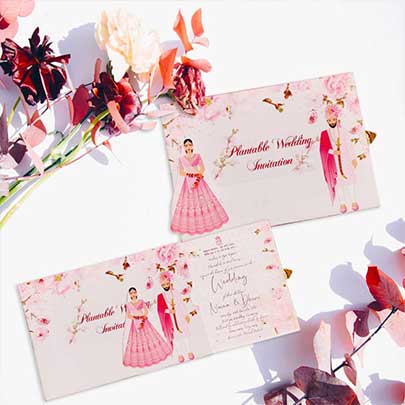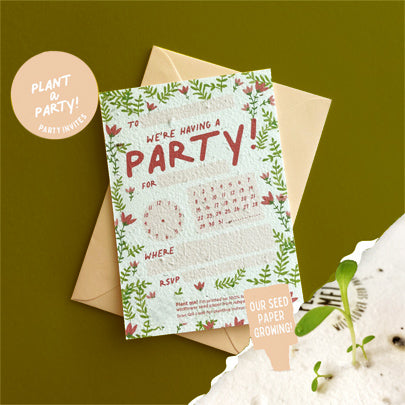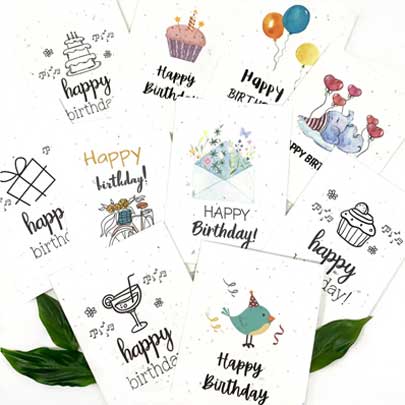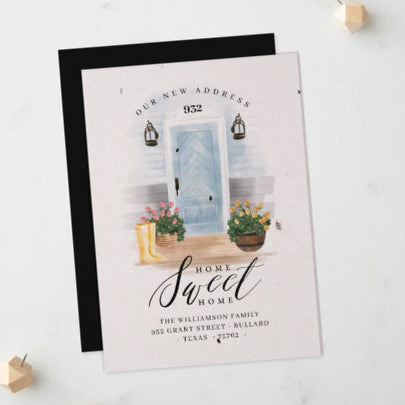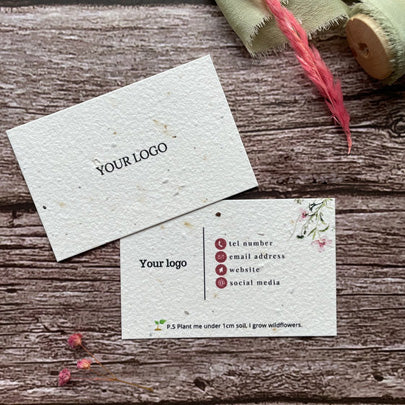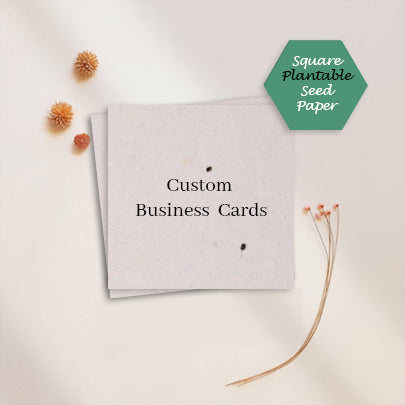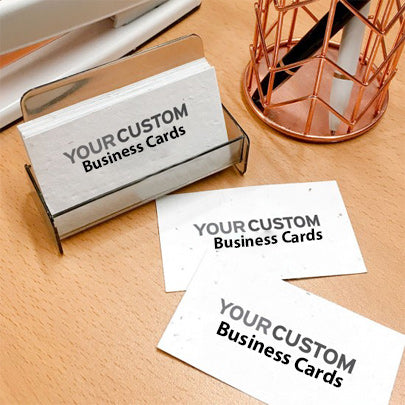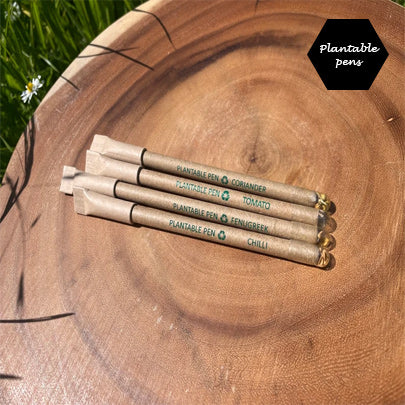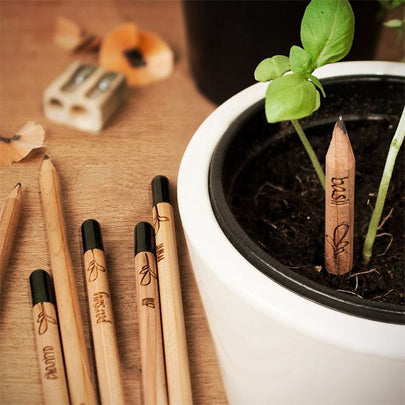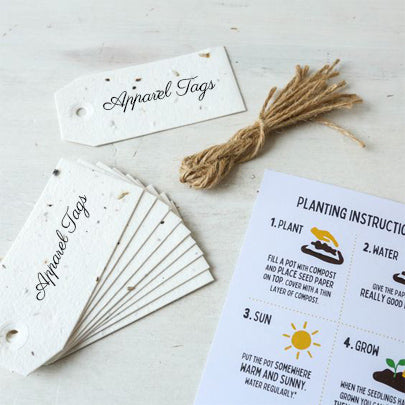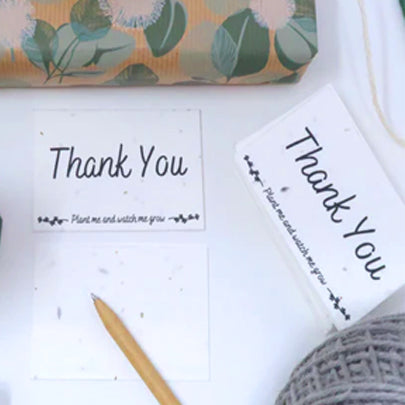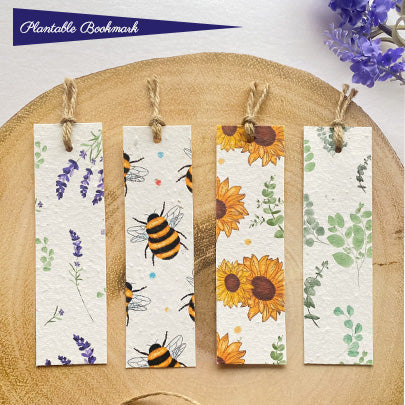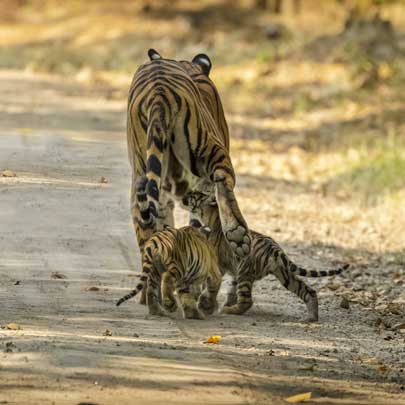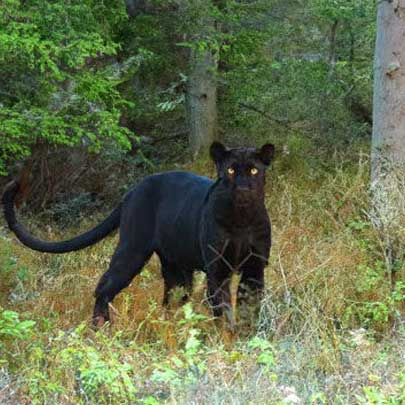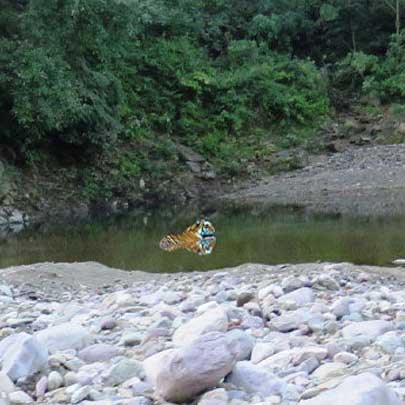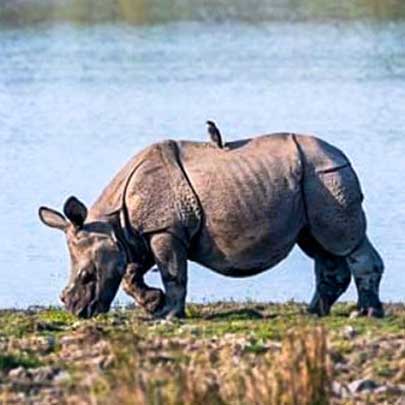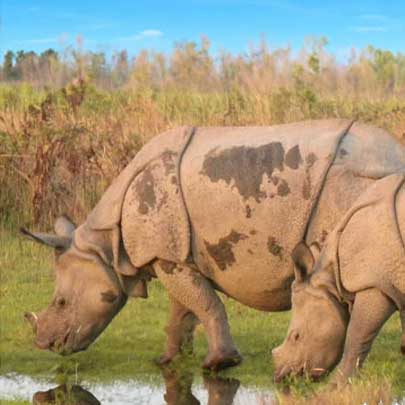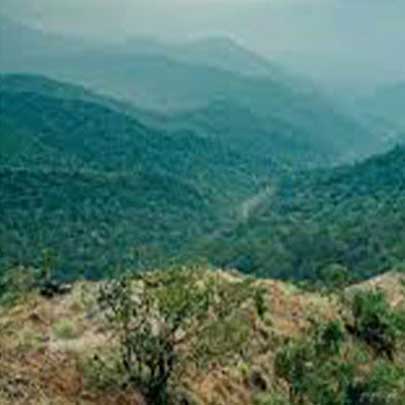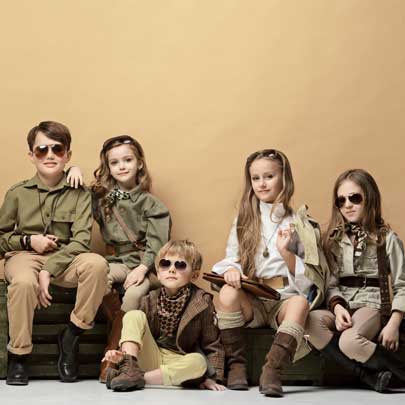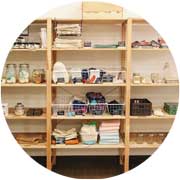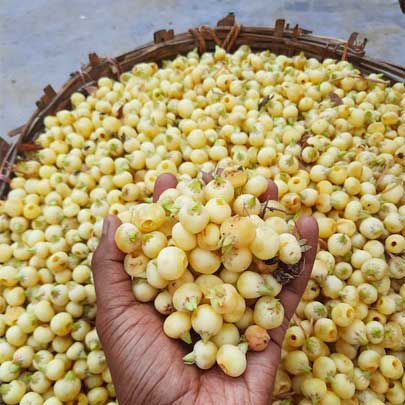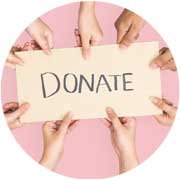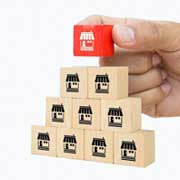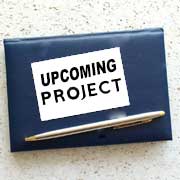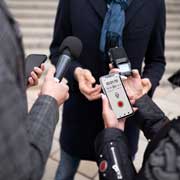The Circular Economy: How Plantable Business Cards Close The Loop
The circular economy is an economic model that aims to minimize waste and make the most of resources. It is a departure from the traditional linear economy, which follows a "take-make-dispose" pattern. In a circular economy, resources are used efficiently i.e. products, materials and resources are kept in use for as long as possible. Plantable Business Card is a perfect and brilliant example of closing the loop in sustainability practices. They not only minimize waste but also create a positive environmental impact.

Here's how plantable business cards accomplish this:
1. Seed-Embedded Paper: Plantable business cards are typically made from seed-embedded paper. This paper is biodegradable and contains seeds of various plants or wildflowers.
2. Minimal Waste: Traditional business cards can quickly become waste if not needed or discarded. Plantable business cards eliminate this waste by serving a dual purpose – they function as a business card initially and can be planted later.
3. Extended Lifespan: Once this card has served its primary purpose, recipients can plant it in soil, water it and nurture its growth. This transforms the card into a living entity, extending its lifespan.
4. Biomimicry and Eco-design: The circular economy draws inspiration from nature's design principles. Eco-design involves creating products and systems that mimic natural ecosystems in their efficiency and sustainability.
5. Symbol of Growth: The act of planting the card symbolizes growth, mirroring the growth and development of professional relationships and connections.

6. Environmental Benefits: As the seed-embedded paper decomposes, it enriches the soil and supports the growth of new plants, positively contributing to the environment.
7. Positive Brand Image: Companies that use plantable business cards project a positive brand image, showcasing their commitment to eco-friendly practices and sustainability.
8. Encouraging Sustainable Choices: Receiving a plantable business card can inspire recipients to adopt more sustainable habits and consider the environmental impact of their own choices.
9. Circular Economy: Plantable business cards are an example of a circular economy, where resources are used efficiently and waste is minimized, as they can be returned to the earth to support new life.

10. Memorable Impression: Recipients are more likely to remember and keep a plantable business card due to its unique and eco-conscious nature, ensuring that your contact details stay with them.
11. Environmental and Social Benefits: By reducing waste, conserving resources, and minimizing environmental impact, the circular economy can lead to improved environmental sustainability and social benefits, such as job creation and community development.
The circular economy is seen as a response to the challenges of resource scarcity, environmental degradation and climate change. It represents a shift towards a more sustainable and regenerative economic model that aims to balance economic growth with environmental stewardship and social well-being. And Plantable Business Cards symbolize a commitment to responsible business practices and serve as a conversation starter, fostering connections and interactions rooted in sustainability.





